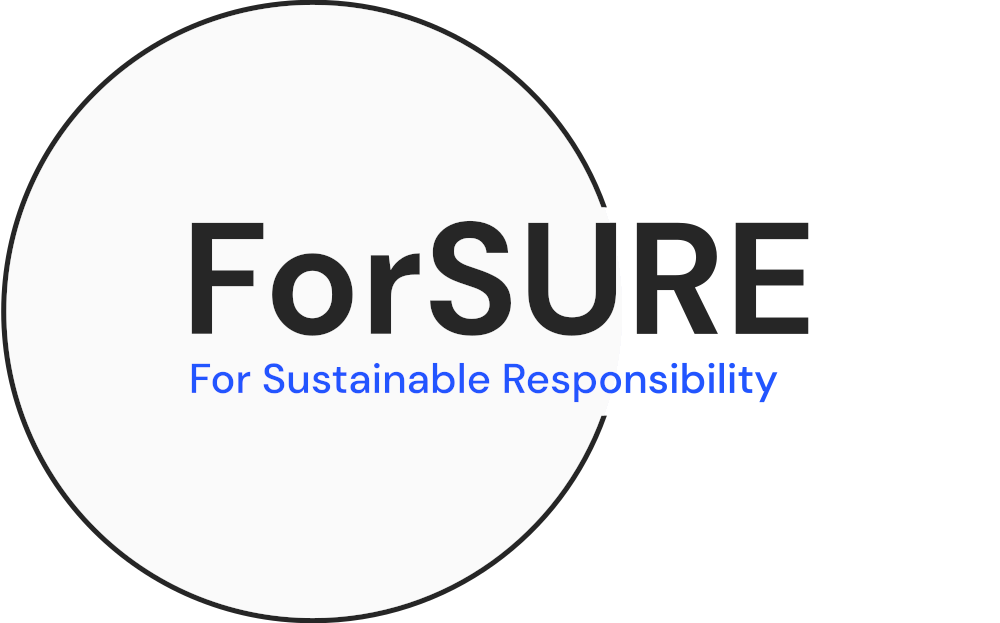In today's tech-driven landscape, batteries stand out as silent powerhouses. With evolving regulations, the significance of battery reporting and the tools like battery compliance software have become paramount. They power everything from our smartphones to our cars. But what exactly is a battery? At its essence, a battery stores and releases energy, acting as a portable power bank. Tracing back to the first voltaic pile, batteries have undergone significant evolution, branching into primary (non-rechargeable) and secondary (rechargeable) types, each with its unique applications.
Battery Collection and Recycling
Safety and Transportation
Batteries, though small, come with their set of challenges. Storing and handling them requires care to prevent accidents. And when it comes to shipping, especially the hazardous ones, there's a whole playbook of regulations. These guidelines cover everything from packaging to labeling, ensuring safe transit. And, of course, there are strict rules against dumping certain battery types in regular trash, given their environmental and safety implications.
Compliance and Enforcement
Battery Reporting: Transparency in Action
In the world of batteries, reporting isn't just paperwork; it's a commitment to transparency. Utilizing the right battery compliance software ensures this transparency is maintained efficiently. Manufacturers document the lifecycle of their batteries, from production to recycling. This rigorous process ensures not just compliance with regulations but also fosters trust with consumers. As the demand for accurate and timely reporting grows, the need for efficient tools becomes paramount.
EPR Compliance Software
Enter ForSURE. Specifically tailored for businesses in the battery sector, ForSURE offers a streamlined approach to EPR reporting. It aligns with the latest EU regulations, ensuring businesses remain compliant. Its adaptability is noteworthy, catering to diverse data structures, from consumer goods to advanced electronics and also batteries. With country-specific compliance templates and comprehensive data structure support, ForSURE simplifies the battery reporting process, making it an indispensable tool for businesses in this sector.




